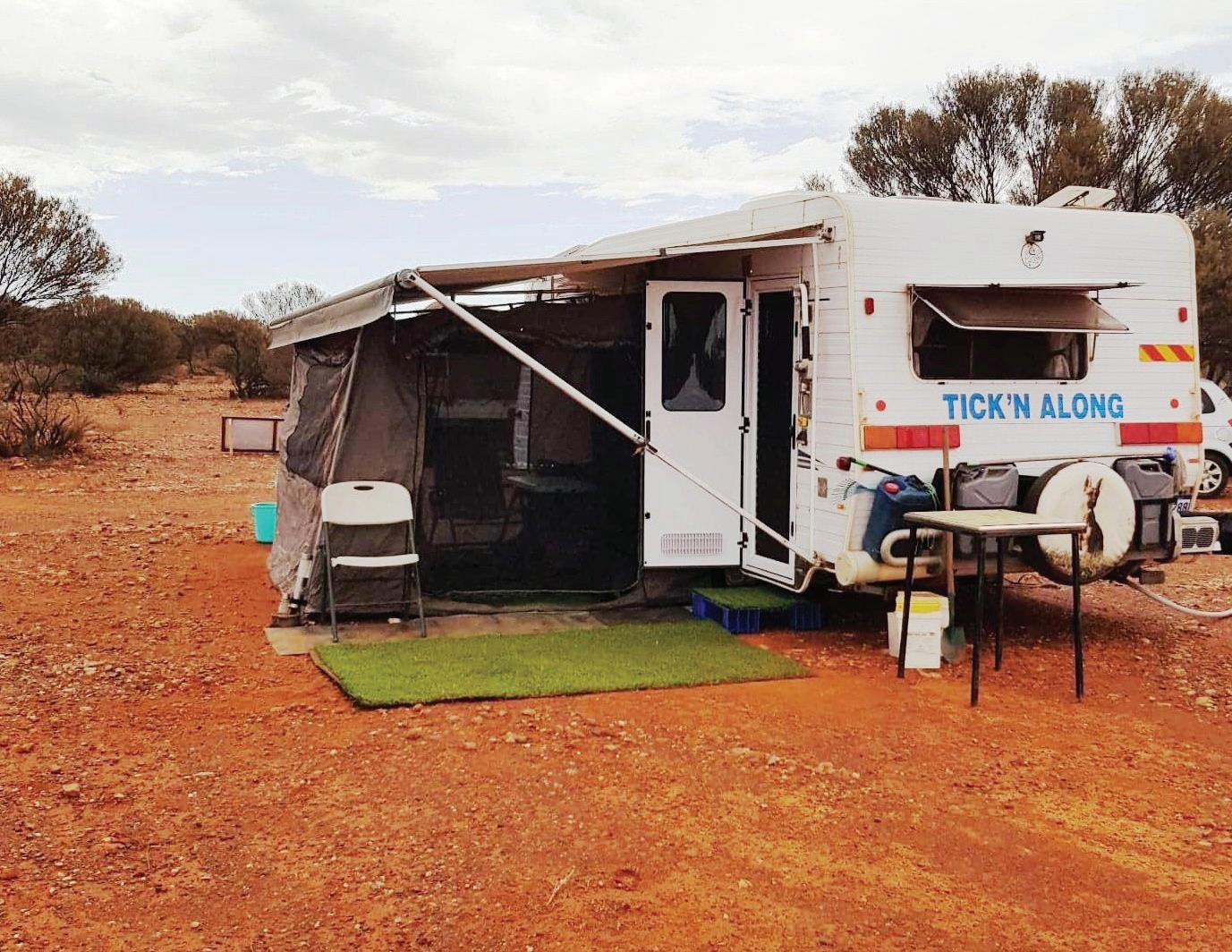Scotland: Still leading the way Scotland continues to lead the way with its compassionate and comprehensive national response to survivors of historical institutional child abuse and neglect. The Scottish Government commenced an advance payment redress scheme in April 2019, and continues to provide other forms of practical support to survivors, as the work of the Scottish Child Abuse Inquiry (SCAI) continues. Unfortunately, due to the Coronavirus pandemic, the Inquiry’s Child Migration Case Study was temporarily postponed in March 2020. SCAI Chairperson Lady Smith is currently assessing whether it can be completed via remote hearings. Tuart Place has contributed to this case study via a formal submission on Scottish child migration, available at https://www.tuartplace.org/about-us/reports-and-
The Scottish Advance Payment Scheme (APS) is available to survivors who are terminally ill or aged 68 and over, and provides access to a fast-tracked redress prepayment of UK£10,000. In its First Anniversary Statistics, the APS reported that, as of 25 April 2020, a total of 417 advance payments had been made to survivors of institutional child abuse or neglect in Scotland. Thirteen per cent of applications were from survivors living abroad, most of them in Australia, with 34 applications received from former child migrants. The great majority of these applications have been supported by Tuart Place and, by the end of July 2020, Tuart Place Admin Assistant Natalie Tonking had helped 28 Scottish former child migrants to receive an advance payment from the scheme. Every APS claim requires proof of residency in a Scottish orphanage, and many have been complex. A number have involved applicants under Power of Attorney arrangements, requiring considerable liaison with case managers and authorised guardians.
14
Following its Historical Institutional Abuse Inquiry (2014-16), a long-awaited redress scheme commenced in Northern Ireland at the end of March 2020. From 2016 onwards, Tuart Place and FACT Board member Ann McVeigh, along with other former child migrants, worked alongside Professor Patricia Lundy of Ulster University, and Rosetta Trust Chairman Gerry McCann, to advocate for improvements to the NI redress scheme, many of which were adopted in the final model. Northern Ireland’s scheme is open to eligible former child migrants and the family members of those who have died since April 1953. Tuart Place has responded to many calls and inquiries about Northern Ireland’s new scheme, and Admin
submissions/scottish-child-abuse-inquiry/, and through video-conference evidence provided to the Inquiry by former child migrants, and Tuart Place Director Philippa White. The Redress for Survivors Bill, currently being considered by the Scottish parliament, seeks to establish a financial redress scheme as an alternative to the civil courts. People who were abused or neglected in residential care settings before 1 December 2004 (or in some cases their next of kin) will be able to apply for a redress payment with a UK£80,000 upper limit. Further information on the Bill is available at https://www.parliament.scot/parliamentarybusiness/ CurrentCommittees/115852.aspx
The POA applications prepared by Tuart Place were the first received by the Scottish scheme, and our advocacy and liaison has resulted in sensible protocols being established for the acceptance of international documents in the future. Natalie’s diligent work was nicely acknowledged by the APS Team in June 2020, when they approved an advance payment to a very unwell client: “The speed that we were able to process this application was very much down to the excellent work on your part with the quality of the application and supporting documentation, so thank you for that”. Natalie is also the ‘go to’ person for the Scottish Future Pathways program, and, as of 30 July 2020, had helped 20 former child migrants to access many different forms of assistance from this scheme. Examples include: a gas hot water system; security screens; electrical wiring and bathroom safety railings; payment of vet bills; travel costs to connect with family; a reclining chair; electronic devices such as iPads, smart phones and computers; and - as you’ll read in our story opposite - a brand new mobility scooter.
News from Northern Ireland Assistant Natalie Tonking has done a great job in gathering and relaying the necessary information. Natalie has been working closely with Ian Thwaites of the Child Migrants Trust, to whom Natalie has referred many inquiries. If you wish to contact the scheme directly, call +44-28-9089-3977; email info@hiaadvocate.org.uk; or visit www.hiaredressni.uk To contact the Child Migrants Trust office in Perth, phone (08) 9472-7582.













